One of the five objectives of the Common Agricultural Policy (CAP) enshrined in legislation is to ensure a fair standard of living for the agricultural community, in particular, by increasing the earnings of those engaged in agriculture.
Ascolta "How do you define a genuine farmer?" su Spreaker.
The aim has been that supports should be targeted towards those who are actively farming the land. However, in reality, there has always been some leakage of CAP payments.
In an effort to combat this, the European Commission wants to introduce a definition of a “genuine farmer” to prevent funds being lost to what have been dubbed “armchair farmers”.
While the overall framework will be set out at EU level, it will be left to member states to define a “genuine farmer” as part of their CAP strategic plans.
Department consultation
Ireland is due to submit its strategic plan to the European Commission by the end of the year. Ahead of this deadline, the Department of Agriculture has set out the main areas of discussion.
Among them is the “genuine farmer” definition.
The Department says the definition is part of the suite of tools in the draft regulations designed to best target the available funding.
“It seems reasonable to be able to define a ‘genuine farmer’ but formulating a clear and measurable definition could be problematic and lead to the exclusion of groups who contend they are ‘genuine farmers’,” the Department said in its latest consultation with stakeholders.
The Irish Farmers Journal sought the views of farm organisations for their definition of a ‘genuine farmer’.
One of the overriding concerns between all the farmer organisations was that the definition should not exclude part-time farmers from receiving supports.

The Irish Natura and Hill Farmers Association (INHFA) believes a “genuine farmer” should be defined as follows: “Any natural or legal person whose holding is situated and managed within the territory of the member state who exercises an agricultural activity as defined by Article 4.1 (a) on the agricultural areas of the holding at the disposal of the farmer, is a ‘genuine farmer’.”
Under article 4.1 (a), “agricultural activity” includes both the production of certain agricultural products, and maintenance of the agricultural area in a state which makes it suitable for grazing or cultivation, without preparatory action going beyond usual agricultural methods and machineries.
The INHFA believes a farmer who does not meet this requirement for a period going beyond two years should not be considered a “genuine farmer” and should be ineligible for direct payments.

Macra na Feirme believes the following conditions should apply to implement a “genuine farmer” definition:
Mandatory completion of a five-year farm business development plan – to be submitted prior to a direct payment application in 2024.Mandatory completion of continuous farm health and safety training courses – record of attendance to be taken from the five years prior to 2023.Implementation of a minimum agricultural activity – defined by a minimum stocking density of livestock appropriate to land type and use, or evidence of sale of crops and/or forage.Mandatory continuous professional development (CPD) training plan – farmers required to participate in a certified training programme.Mandatory completion of a farm succession plan for farmers upon reaching the age of 63 – to be submitted prior to a direct payment application in 2024.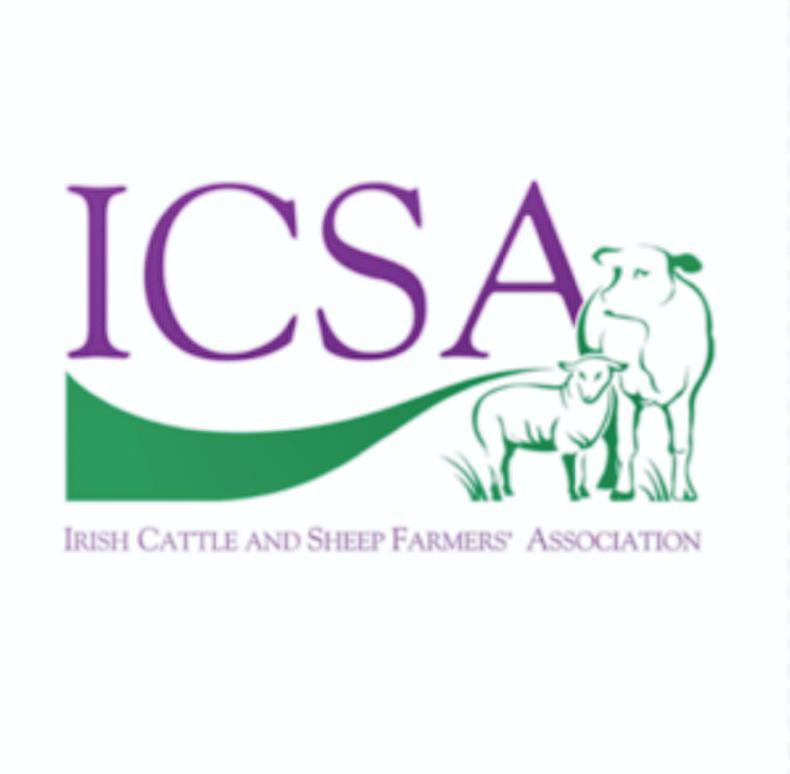
The Irish Cattle and Sheep Farmers Associaton (ICSA) believes a “genuine farmer” should be defined as follows:
“Must be resident in Ireland or Northern Ireland and resident here for tax purposes. Must have a minimum level of activity which is to meet the ANC minimum stocking rate or grow crops. There should be an upper limit to the amount of years that a person can lease out entitlements.”
The ICSA envisages the maximum leasing out period to be seven years. The minimum stocking density under the ANC scheme is 0.15 livestock units per eligible forage hectare for seven consecutive months within the calendar year. Tillage farmers are exempt from this requirement.
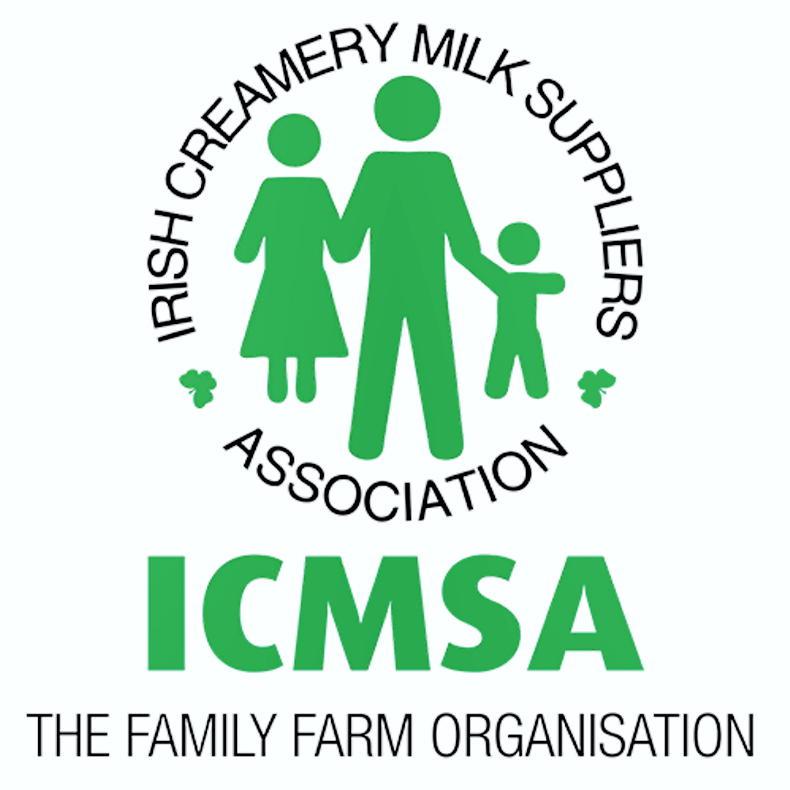
The Irish Creamery and Milk Suppliers Assocation (ICMSA) believes a “genuine farmer” should be defined as follows:
“A farmer who can provide evidence that they are engaged in farming activity. This means they are actively managing their land and selling farm produce on a consistent basis.”
To draw down a direct payment a farmer would have to:
Have at least a stocking rate of at 0.15 livestock units per hectare on lands declared as forage for at least seven consecutive months as per ANC rules. Have a farm product output of at least 50% of the value of his/her own Pillar I payment from the previous year – this includes the sale of livestock, milk and crops. The ICMSA believes a person who owns land or entitlements and leases all of it should not be considered a “genuine farmer”. These non-genuine farmers would not be able to draw down a direct payment but would have the option to lease out entitlements.
A clawback of 5% per annum would apply to entitlements leased by a non-genuine farmer.

The IFA has not yet set its definition of a genuine farmer. However, documents submitted by the IFA to the Department of Agriculture show it has suggested a number of possible options, including a minimum economic output and a minimum stocking density.
The IFA said the fundamental issue to be addressed was the practice of farmers leasing out entitlements having exited farming.
The formation of an “Entitlements Exchange Scheme” was its primary suggestion for further consideration.
Such an exchange scheme would involve a limit on the long-term leasing of entitlements to family members. Farmers who exceed the limit would be required to sell their entitlements.
The sale of all entitlements without land would go through the exchange scheme with other farmers given the opportunity to buy them.
Read more
'Armchair' farmers to lose out in next CAP
Armchair farmers: should they stay or go?
One of the five objectives of the Common Agricultural Policy (CAP) enshrined in legislation is to ensure a fair standard of living for the agricultural community, in particular, by increasing the earnings of those engaged in agriculture.
Ascolta "How do you define a genuine farmer?" su Spreaker.
The aim has been that supports should be targeted towards those who are actively farming the land. However, in reality, there has always been some leakage of CAP payments.
In an effort to combat this, the European Commission wants to introduce a definition of a “genuine farmer” to prevent funds being lost to what have been dubbed “armchair farmers”.
While the overall framework will be set out at EU level, it will be left to member states to define a “genuine farmer” as part of their CAP strategic plans.
Department consultation
Ireland is due to submit its strategic plan to the European Commission by the end of the year. Ahead of this deadline, the Department of Agriculture has set out the main areas of discussion.
Among them is the “genuine farmer” definition.
The Department says the definition is part of the suite of tools in the draft regulations designed to best target the available funding.
“It seems reasonable to be able to define a ‘genuine farmer’ but formulating a clear and measurable definition could be problematic and lead to the exclusion of groups who contend they are ‘genuine farmers’,” the Department said in its latest consultation with stakeholders.
The Irish Farmers Journal sought the views of farm organisations for their definition of a ‘genuine farmer’.
One of the overriding concerns between all the farmer organisations was that the definition should not exclude part-time farmers from receiving supports.

The Irish Natura and Hill Farmers Association (INHFA) believes a “genuine farmer” should be defined as follows: “Any natural or legal person whose holding is situated and managed within the territory of the member state who exercises an agricultural activity as defined by Article 4.1 (a) on the agricultural areas of the holding at the disposal of the farmer, is a ‘genuine farmer’.”
Under article 4.1 (a), “agricultural activity” includes both the production of certain agricultural products, and maintenance of the agricultural area in a state which makes it suitable for grazing or cultivation, without preparatory action going beyond usual agricultural methods and machineries.
The INHFA believes a farmer who does not meet this requirement for a period going beyond two years should not be considered a “genuine farmer” and should be ineligible for direct payments.

Macra na Feirme believes the following conditions should apply to implement a “genuine farmer” definition:
Mandatory completion of a five-year farm business development plan – to be submitted prior to a direct payment application in 2024.Mandatory completion of continuous farm health and safety training courses – record of attendance to be taken from the five years prior to 2023.Implementation of a minimum agricultural activity – defined by a minimum stocking density of livestock appropriate to land type and use, or evidence of sale of crops and/or forage.Mandatory continuous professional development (CPD) training plan – farmers required to participate in a certified training programme.Mandatory completion of a farm succession plan for farmers upon reaching the age of 63 – to be submitted prior to a direct payment application in 2024.
The Irish Cattle and Sheep Farmers Associaton (ICSA) believes a “genuine farmer” should be defined as follows:
“Must be resident in Ireland or Northern Ireland and resident here for tax purposes. Must have a minimum level of activity which is to meet the ANC minimum stocking rate or grow crops. There should be an upper limit to the amount of years that a person can lease out entitlements.”
The ICSA envisages the maximum leasing out period to be seven years. The minimum stocking density under the ANC scheme is 0.15 livestock units per eligible forage hectare for seven consecutive months within the calendar year. Tillage farmers are exempt from this requirement.

The Irish Creamery and Milk Suppliers Assocation (ICMSA) believes a “genuine farmer” should be defined as follows:
“A farmer who can provide evidence that they are engaged in farming activity. This means they are actively managing their land and selling farm produce on a consistent basis.”
To draw down a direct payment a farmer would have to:
Have at least a stocking rate of at 0.15 livestock units per hectare on lands declared as forage for at least seven consecutive months as per ANC rules. Have a farm product output of at least 50% of the value of his/her own Pillar I payment from the previous year – this includes the sale of livestock, milk and crops. The ICMSA believes a person who owns land or entitlements and leases all of it should not be considered a “genuine farmer”. These non-genuine farmers would not be able to draw down a direct payment but would have the option to lease out entitlements.
A clawback of 5% per annum would apply to entitlements leased by a non-genuine farmer.

The IFA has not yet set its definition of a genuine farmer. However, documents submitted by the IFA to the Department of Agriculture show it has suggested a number of possible options, including a minimum economic output and a minimum stocking density.
The IFA said the fundamental issue to be addressed was the practice of farmers leasing out entitlements having exited farming.
The formation of an “Entitlements Exchange Scheme” was its primary suggestion for further consideration.
Such an exchange scheme would involve a limit on the long-term leasing of entitlements to family members. Farmers who exceed the limit would be required to sell their entitlements.
The sale of all entitlements without land would go through the exchange scheme with other farmers given the opportunity to buy them.
Read more
'Armchair' farmers to lose out in next CAP
Armchair farmers: should they stay or go?









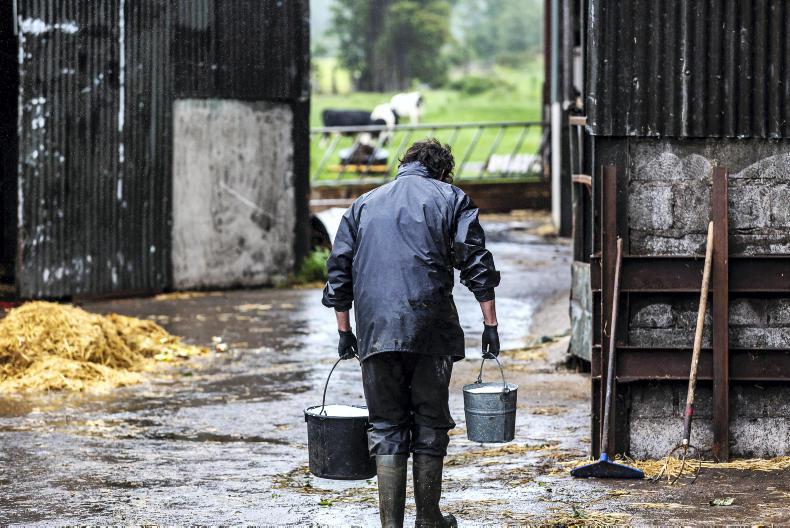
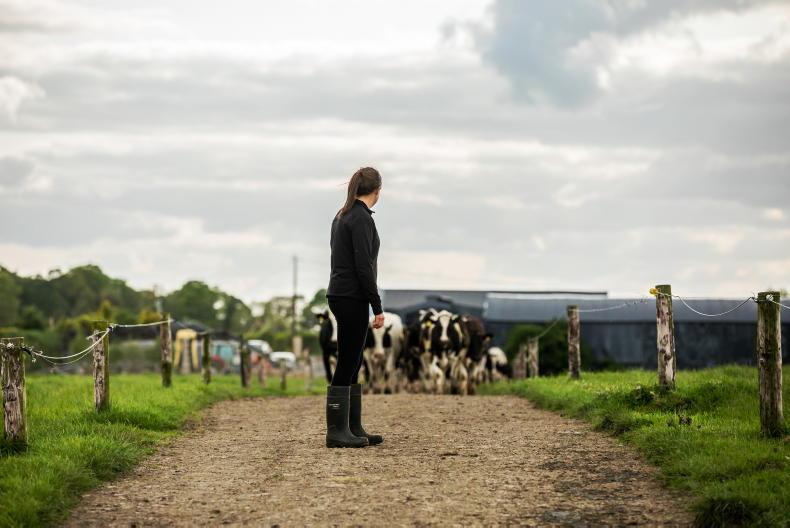

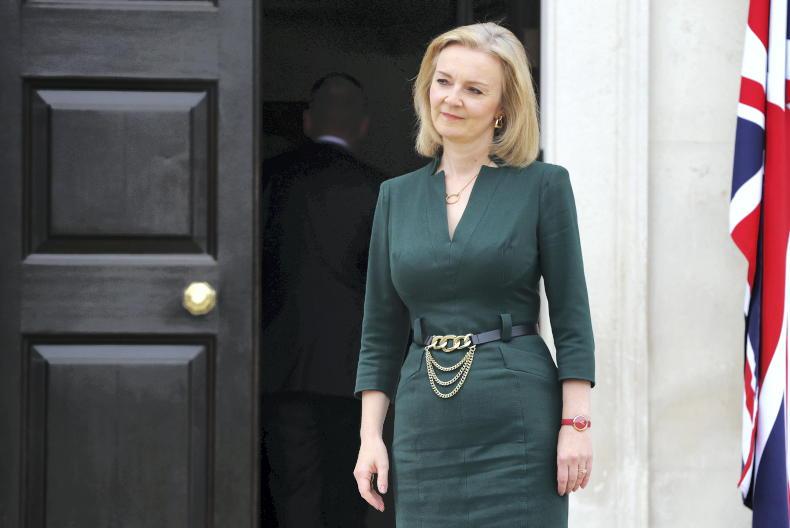

SHARING OPTIONS